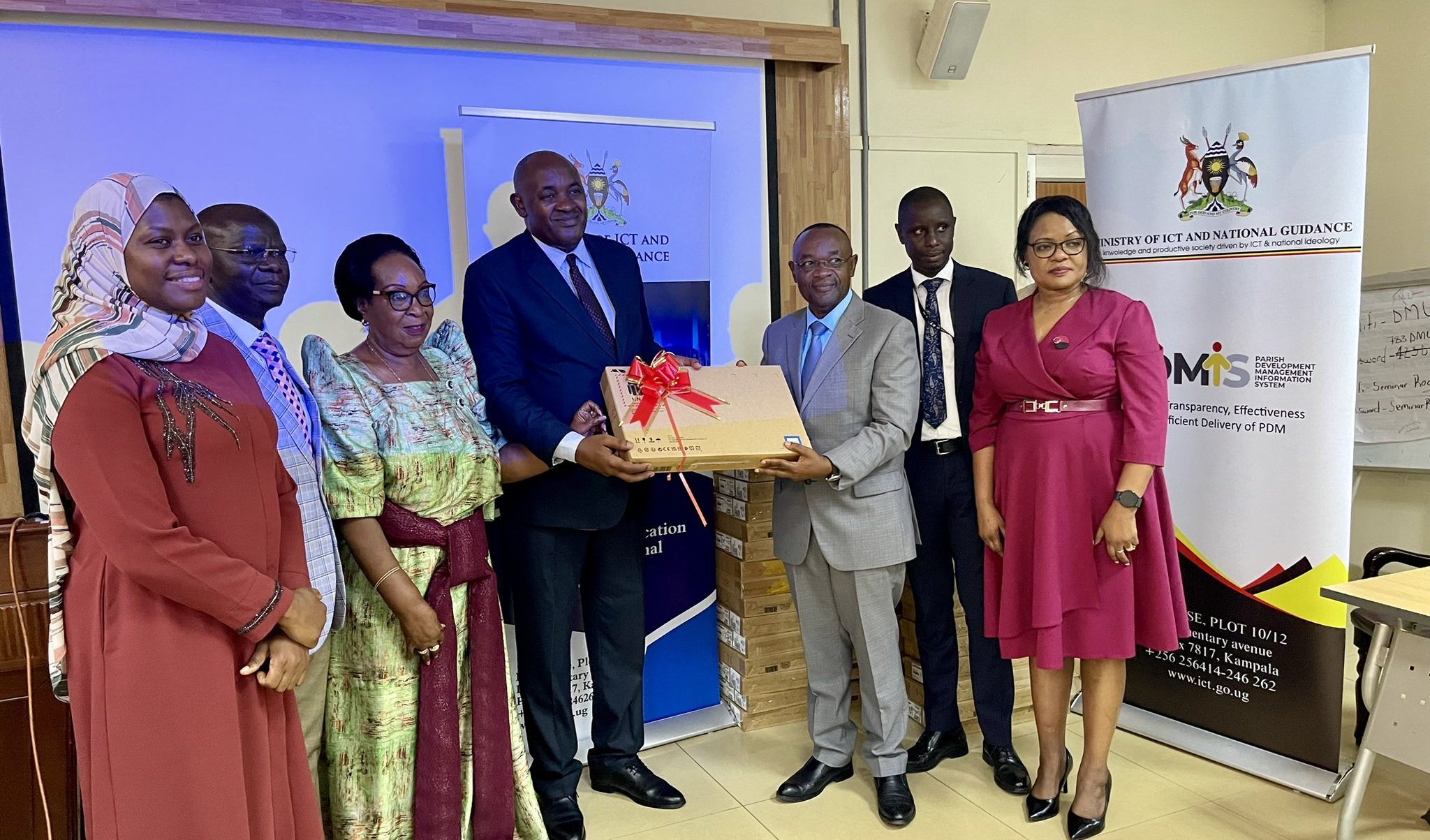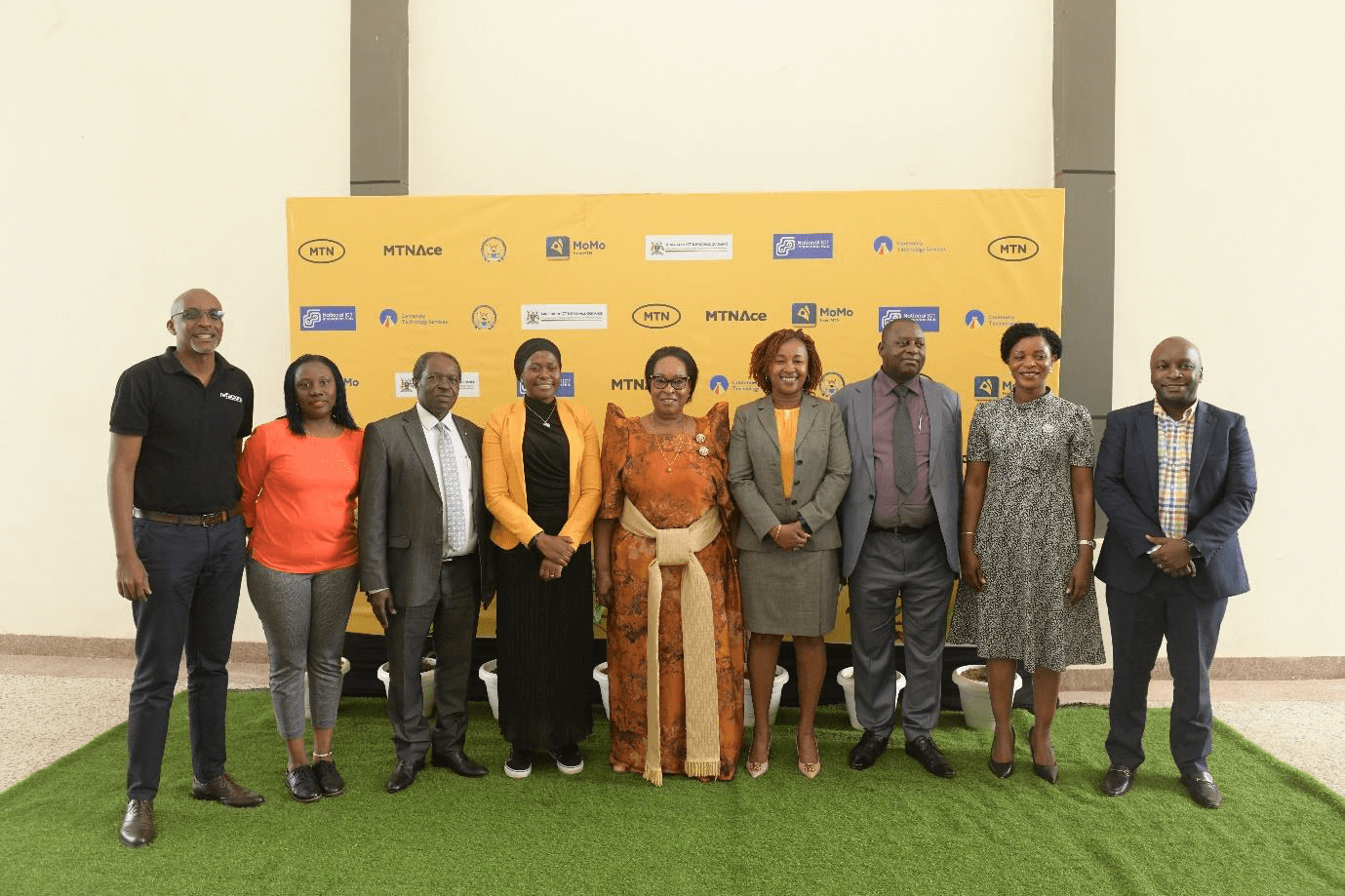In collaboration with the Ministry of ICT & National Guidance, Huawei Technologies Uganda has unveiled a Smart Village prototype to transform service delivery in rural areas. The initiative is set to be piloted in Buhadyo Village, Butaleja District, showcasing how ICT can drive development and improve lives in hard-to-reach areas.
The project envisions a village where technology bridges the gap between communities and essential services. With a connectivity radius of 8km, the initiative is expected to bring internet access, solar power, and digital tools to over 100 residents, a local school, and a health center.
The project is yet to be launched. However, plans are to introduce key infrastructure, including a telecommunications tower to facilitate connectivity, 160 solar pads, and panels to provide uninterrupted power, and a smart classroom at Buhadyo Primary School to enhance learning through an e-learning platform. Madungha Health Centre II is also expected to benefit from ICT retooling and solar power integration to improve healthcare delivery.
Beyond connectivity, the project aims to empower the community with digital skills. A Digitruck, a mobile classroom equipped with digital resources, is set to train over 600 participants, providing them with essential ICT skills. Plans include expanding the model to integrate smart agriculture to enhance farming practices with real-time data, e-commerce solutions to open up market opportunities for local businesses, and additional ICT innovations to create more innovative rural communities.
The Smart Village initiative aligns with Uganda’s Parish Development Model (PDM), which seeks to drive socio-economic transformation by decentralizing service delivery to the parish level. By leveraging digital solutions, the project supports the PDM’s goal of integrating rural communities into the monetized economy, creating employment, and enhancing productivity.
The project also supports Uganda’s Digital Transformation Roadmap by bridging the digital divide and promoting the adoption of ICT in education, healthcare, and agriculture. It demonstrates how technology can catalyze sustainable development, equipping rural communities with the necessary tools to participate in the digital economy.
Additionally, The Smart Village is in line with the Digital Uganda Vision, which aims to ensure universal digital access and utilization of ICT to improve the quality of life for all Ugandans. Through enhanced connectivity, e-learning, digital skills training, and e-health services, the project contributes to the broader vision of a digitally empowered and inclusive society.
Despite challenges such as rugged terrain, where children cross swamps to access services, the initiative highlights the potential of ICT in overcoming these barriers and improving quality of life. The official launch is scheduled for April, with ongoing stakeholder engagements to ensure the project is scalable and sustainable. Once the pilot phase is completed, the Government of Uganda is expected to explore ways of expanding the model to other regions.
The Smart Village is more than just a technological advancement—it is a testament to how innovation can unlock opportunities and bridge the digital divide in Uganda’s rural communities.
Feb 12, 2025
Huawei Donates Smart Village Prototype to the Government of Uganda
Partnerships
By Jessy Ofwoni



